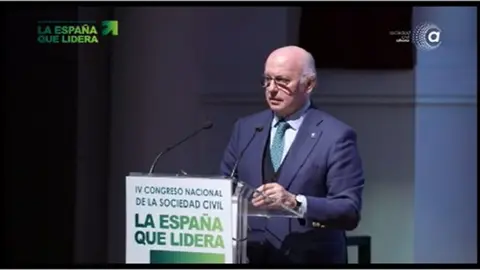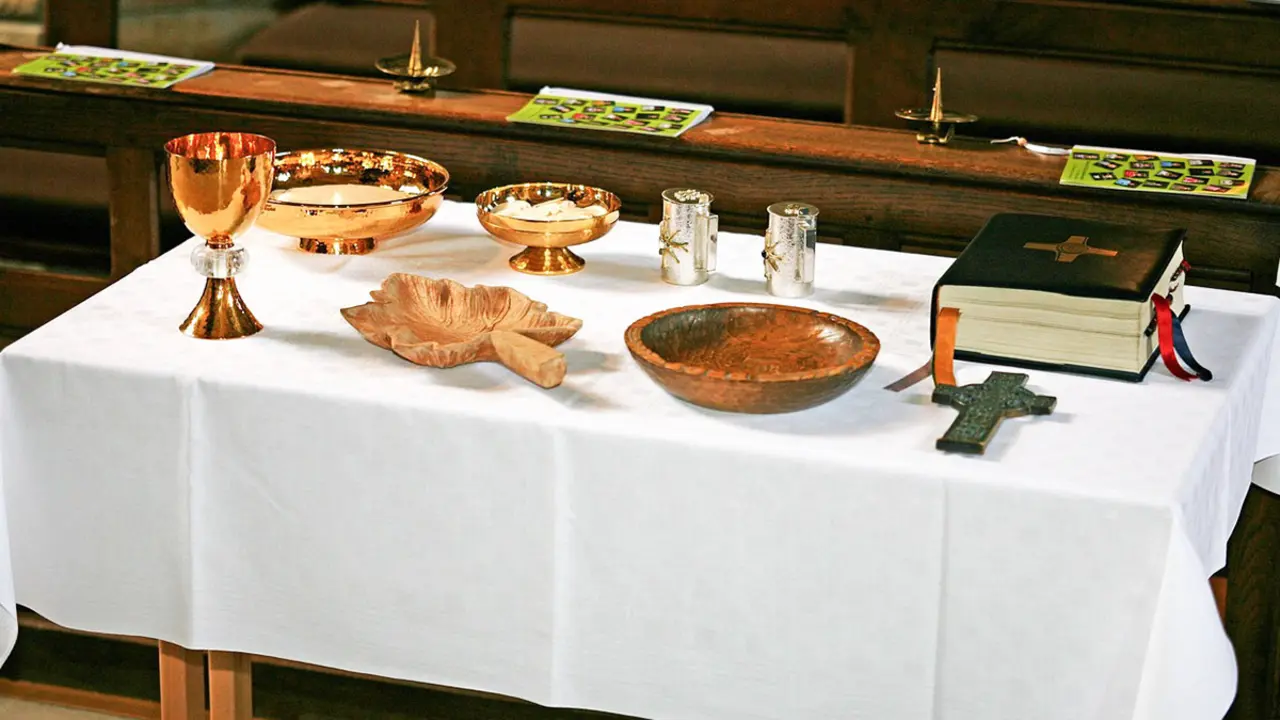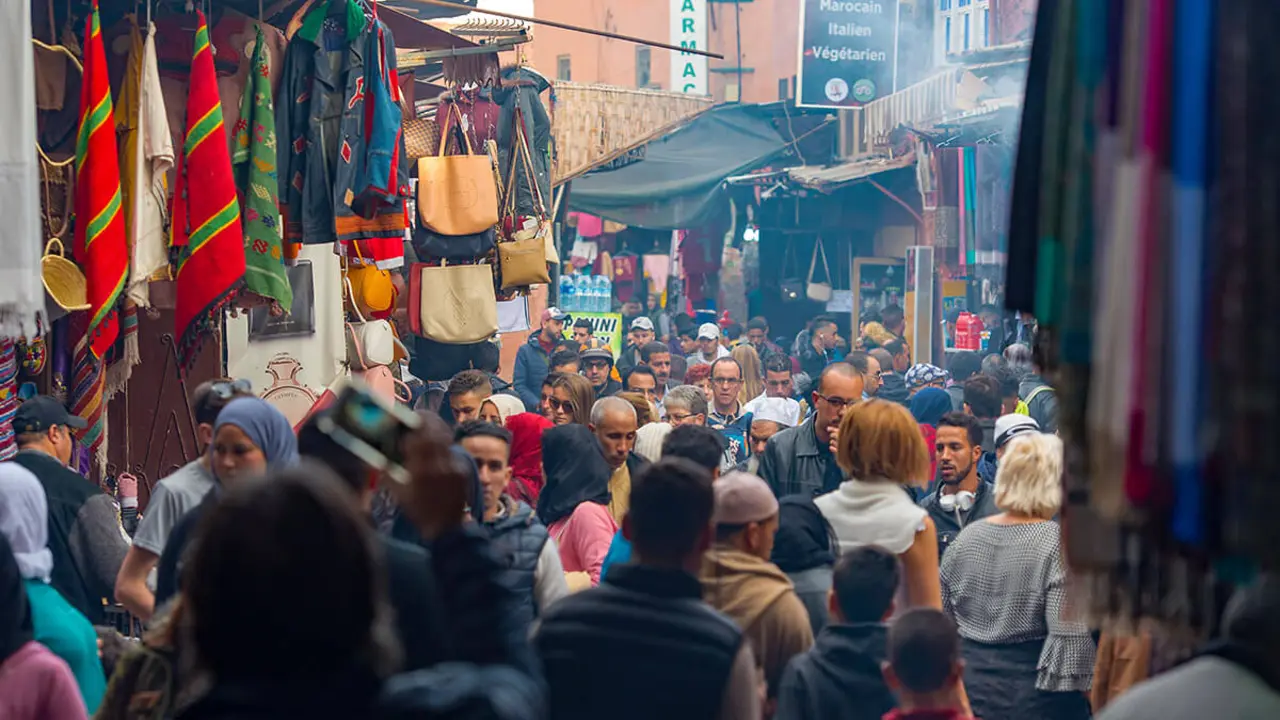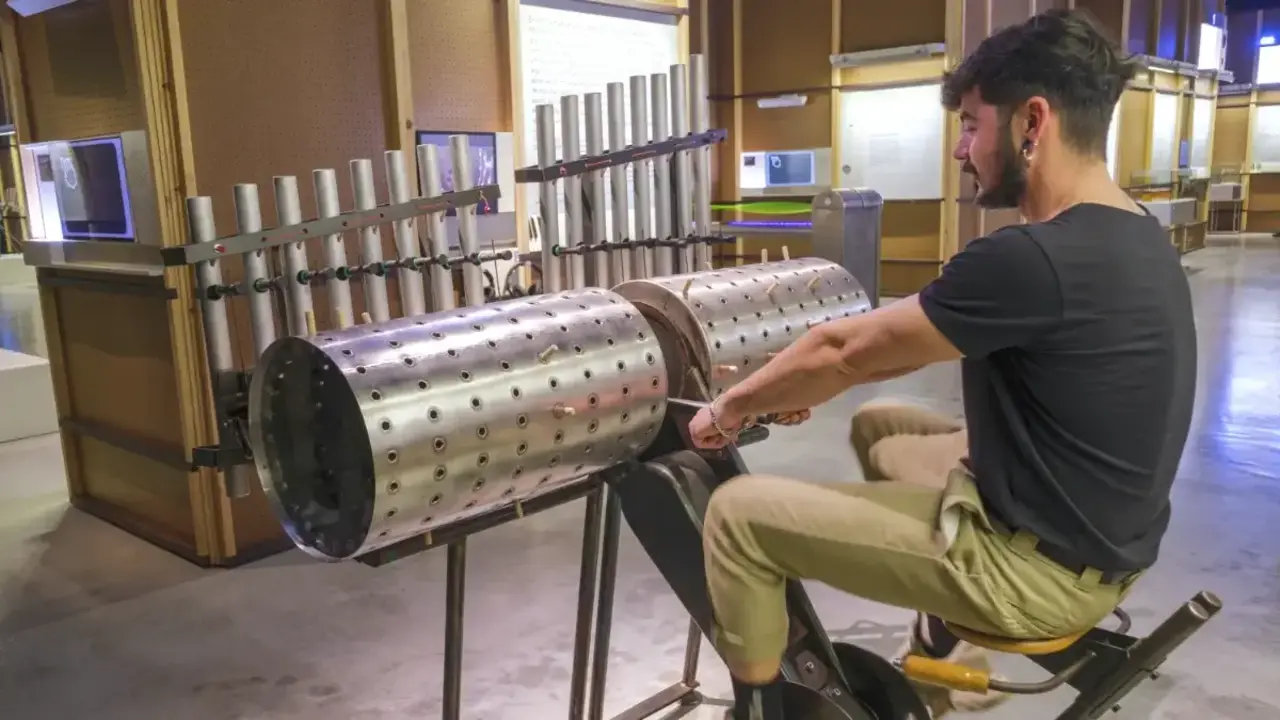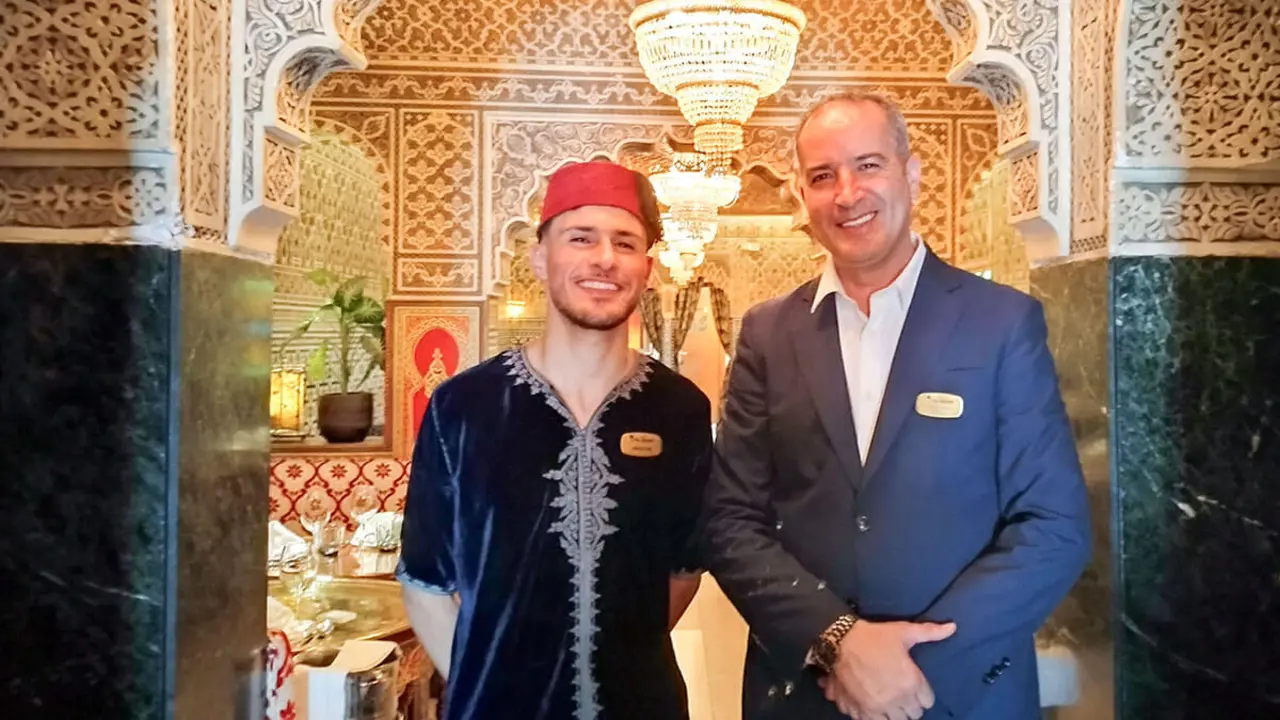Juanma Moreno: ‘Civil society is the antidote to abuses of power’
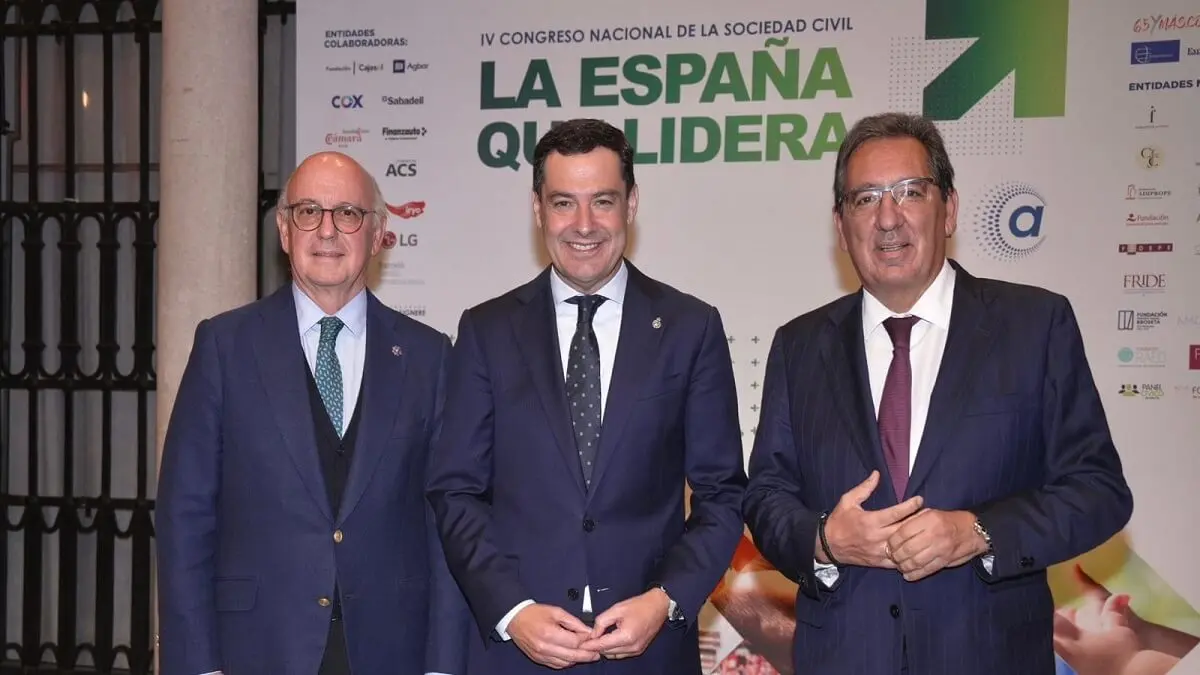
Juanma Moreno, President of the Andalusian Regional Government, and Aldo Olcese, President of the Asociación Nacional Sociedad Civil Ahora (SOCIA), closed the 4th National Congress of Sociedad Civil held this Thursday in Seville. Over the course of the day, around 60 speakers, including the main exponents of Sociedad Civil, debated ‘The Spain that leads’, the slogan of the congress.
The congress was structured into six round tables in three sessions that addressed very relevant issues in which Spain occupies a predominant position in the world: ‘Leadership in quality of life’, ‘Sustainable and humanist leadership’ and ‘Competitive and efficient leadership’. In addition, the meeting included an inaugural plenary session on ‘The Spanish way of life and Spain's competitive position’, and a closing session on ‘The great challenges and opportunities for Spain’ that are opening up in the current global context.
During his speech, Juanma Moreno said he was ‘honoured and satisfied’ that the organisers had chosen Seville to hold this 4th congress. ‘Without the action and support of civil society, there is no real progress and no social advance. Civil society is one of the main pillars of any modern society and, in a very special way, one of the fundamental pillars of any advanced democracy, and as such it must be treated, it must be respected and it must also be listened to at all times,’ he said.
The Andalusian president explained that politicians have two counterweights apart from political pressure itself: the control of the media and the reasonable and well-founded pressure of a trained and independent civil society, and added: ‘We often hear the question: where is civil society in major issues? Here we have it structured and with a double objective, to remind politicians who we govern for and to put us in our place’.
In this sense, he commented that when you see certain deficiencies in democratic quality in some countries, you have to look at what civil society has. ‘You realise that when that civil society is not organised, is not mature, then that society and that democracy does not advance. Or to put it another way, the first thing that autocrats do, the first thing that those who want to perpetuate themselves in power do, the first thing they do is devalue and deteriorate civil society, because civil society is the antidote to abuses of power,’ he said, adding: ’That is why it is very important for civil society to be strong and the institutional structures must respond by supporting it, respecting it, listening to it and protecting it, which is what we are humbly trying to do in Andalusia’.
‘Spain is not only a country that has half a millennium of history in common. Spain is much more. Spain is a country that has been and is a reference in the history of civilisation and, therefore, we should feel absolutely proud, shake off many prejudices that we have and also shake off many weaknesses that we Spaniards have been restricted to. We can be whatever we want to be because we are capable, we have talent, we have sufficient solvency to do what is rightfully ours in Spain, to be a power and a power in economic and social terms. A cultural power, a social power, a country of reference for the world. And we must never forget that’.
In the last part of his speech, Juanma Moreno described Andalusia's position with respect to the other autonomous communities in different economic, social and social areas and its commitment to society. ‘We feel proud from the south to contribute to making a great country, to contribute to improving the structure of this common and shared project,’ he concluded.
Dignity for politics
For his part, in his closing remarks, Aldo Olcese, president of the IV Civil Society Congress, highlighted the work of politics: ‘We all citizens also have the obligation to recover that dignity for politics. The dignity that not only politicians deserve, but also the dignity that our country and its citizens need’.
Andalusia and its contributions to the Spain it leads were another of the points highlighted by Olcese. ‘Andalusia is one of the autonomous regions that leads Spain with its example, with its progress, with its way of doing things, with its way of life, which we have also talked about, and with the Spanish way of life and that of Andalusia. Before it was only beauty, it was the environment, nature, culture. Now it is progress, it is entrepreneurship, it is technology, it is a mix, and therefore we also decided to do it here, because Andalusia and Seville represent very well this Spain that leads, which we want to vindicate’.
The President of the Congress reviewed the issues dealt with during the day. ‘In the closing session we focused on the challenges and opportunities, because we also have to be realistic and we do not live in a paradise. Spain is a world leader in tourism, sustainability, infrastructure, finance, culture, sport and gastronomy. And Spain's position is the result of many years of work and sacrifice by the different governments and, in particular, by its citizens’.
Olcese insisted on this idea: ‘Spain is no longer a passive subject. We are protagonists of the changes in the world. This position of Spain is the fruit of many years of work, of transformation, of sacrifice, of people who get up early in the morning, who go to bed late, who worry about their families, of good fathers and mothers who try to build a better Spain, a better society for their children, for their families, for our friends’.
Young Leader of Sociedad Civil Award
Antonio Pulido, President of the Cajasol Foundation, also spoke at the closing ceremony, and the 2nd ‘Young Leader of Sociedad Civil’ Award was presented to Sofía Iturbe, founder of Libeen Smart Housing, an organisation created to solve the problem of young people's access to housing. For the past five years, they have been working to ensure that ‘the possibility of accessing housing is not a privilege, but a right available to all’. ‘We know that buying a house is one of the most important decisions in anyone's life, but for many young people, it seemed an increasingly distant goal. Huge economic barriers and market difficulties meant that many of us saw home ownership as unattainable,’ said Sofía Iturbe during the ceremony.

